Mayor’s Civic Innovation Jam brings eco-friendly fun to campus
March 10, 2019
Mayor Byron W. Brown hosted his Civic Innovation Jam in Bulger Communication Center on Saturday, bringing community members together to come up with creative solutions to improve sustainability in Buffalo, while raising awareness about the second annual Civic Innovation Eco Challenge—Powered by AT&T.
The emphasis for this year’s challenge is on developing user-friendly technology to help Buffalo residents go green.
The Civic Innovation Jam served as both a primer for the challenge and as a ‘jam session’ of networking, brainstorming and demonstrating new applications.
Opening Remarks
The mayor addressed the audience by providing details about the Civic Innovation Eco Challenge while noting the strides being made within the city to employ greener practices.
“We are seeking technology-based solutions or apps that will increase resident engagement in our curbside recycling program and other sustainability efforts which will aid our continuing work toward a greener Buffalo and a smarter Buffalo.” Brown said.
Kevin Hannah, regional director of external affairs at AT&T, shared details about the company’s involvement with the Civic Innovation Eco Challenge.
“At AT&T, our involvement in a challenge like this really stems from our commitment to inspiring local innovation,” he said. “We are all looking forward to the creative solutions; the ingenuity that we know is sitting right here in front of us.”
Hannah also expressed how the mayor’s challenge aligns with AT&T’s own eco-friendly practices, including packaging made from post-consumer waste, programs designed to mitigate environmental impact, sustainability clauses with vendors and vehicles that utilize alternative forms of fuel.
Gerard Aiken, local government manager of Esri, gave an overview of the software development company and explained how it aids consumers.
“Environmental Systems Research Institute is a company founded on technology, built on technology, and helping people make smarter decisions using data and technology,” he said.
Aiken’s sentiments regarding the power of technology in promoting change within communities were further echoed by GRASPIE founder Derrick A. Parson in his keynote address. The Brooklyn native shared how his company (which Google recently identified as one of the top startups in the nation) and several others have used apps to impact communities and how the same practices could be used to raise eco-consciousness.
“We welcome technology if we see a benefit for it; yet many cities around the nation have yet to take that same approach as we do as individuals,” Parson said, noting that when a city identifies problems and formulates solutions, “synergy begins to form, greatness occurs, and lives begin to change.”
The Jam
After initial addresses, participants engaged in a brainstorming activity which involved reporting to 10 different stations, each asking how technology can be used to solve a specific issue.
Each guest was asked to first home in on each issue by writing a more specific question to a broader topic on a pink post-it note at each station. Next, participants were asked to form groups to propose solutions to each other’s questions and to write and post their ideas on green post-it notes. Finally, tabs were provided so that everyone could vote for their favorite solution by creating a ‘snake’ of stick tabs. Solutions with the longest snakes were voted winning solutions.
This activity was a multi-purpose exercise, allowing for active participation, vocalization of concerns and possible remedies, proposals for ideas that could be used to enter into the Civic Innovation Eco Challenge and organic collaborations between creative thinkers and tech-savvy individuals.
Finally, Aiken held a workshop for Esri’s new ARCgis for Developers software, allowing attendees to learn more about how to use the application for location-based analytics which could aid in promoting eco-friendly practices in Buffalo through the Civic Innovation Eco Challenge.
The Impact
Mayor Brown explained the challenge was developed as a way for members of local communities to utilize city data for purposes of bettering Buffalo’s environment, now and for the future.
“We are partnering with the community, our residents, for ideas to add to our sustainability programming and initiatives and policy in the city of Buffalo,” Brown said. “We want to build it together. We want to do it collaboratively.”
Partnerships between residents and the local government like the Civic Innovation Eco Challenge are expected to transform the city’s ecology and efficiency in the near future.
“We have set a goal of being a smart city by 2025 and we’re working on a number of different initiatives; this is just one of them,” the mayor said.
Other initiatives include installing more electric vehicle charging stations and LED lights around the city, as well as implementing pervious pavement streets and bioswales in local areas.
Parson explained how opportunities like the Civic Innovation Eco Challenge promote revolutionary ideas.
“It’s those kinds of initiatives where we use the data in the city, the research that’s available and open to us to develop mobile applications and change lives,” he said.
Last year’s inaugural challenge produced the Good Neighbor app, which helps users identify local resources and services, Recycle-a-Bowl, a virtual team-building recycling app, and the Fire Hydrant Distance Check app, which serves both as an emergency hydrant locator and parking advisor.
The challenge also aids in exposure of individuals from underrepresented communities. Parson discussed the difficulties surrounding minority groups in the tech industry, noting himself as one of very few minority local tech developers.
“Less than two percent of funding is actually given to minority startups, and it’s even less when you talk about women-led start-ups,” Parson said. “We have great ideas, dynamic solutions, yet a lot of people don’t see the value and that’s the unfortunate part.”
In various ways, the challenge encourages diversity among its participants, solutions to common problems within the city and ways in which residents will be able to utilize the new apps and technologies.
Jacquelyn Malcom, chief information officer of SUNY Buffalo State and one of seven judges of the Civic Innovation Eco Challenge, expressed her appreciation for being involved in an event that promotes these values.
“I love this particular event because it’s a grouping of the minds,” she said. “Even though one individual will win, there are so many ideas that can still be helpful to the city. I’m looking forward to that intersection between technology and sustainability and seeing how we can help the city of Buffalo.”
The Challenge
Mayor Byron W. Brown’s Civic Innovation Eco Challenge 2019—Powered by AT&T is a region-wide competition that presents the challenge of formulating an app or other technological solution that adheres to the theme of green and clean technology.
The top three competitors will win $7,000, $2,000 and $1,000 cash prizes, respectively. Two additional $1,000 prizes will be given for “Best Use of information from Open Data Buffalo” and “Best Use of the Esri Toolbox.”
Submissions are judged on community benefit, creativity/novelty, user-friendly design, functionality and demo/description.
Applicants can submit on their own or be part of a team of up to five individuals, and at least one member of each team must be either a resident of Western New York or a student at a Western New York high school, college or university.
Each submission must include a written description of the entry, a demonstration video of up to three minutes long and a link or file if the submission is a software application.
The deadline to submit an application is April 22, 2019 (Earth Day).
For more information about the 2019 Civic Innovation Eco Challenge, including registration forms, visit buffaloinnovates.com
For information about Open Data Buffalo, data.buffalony.gov


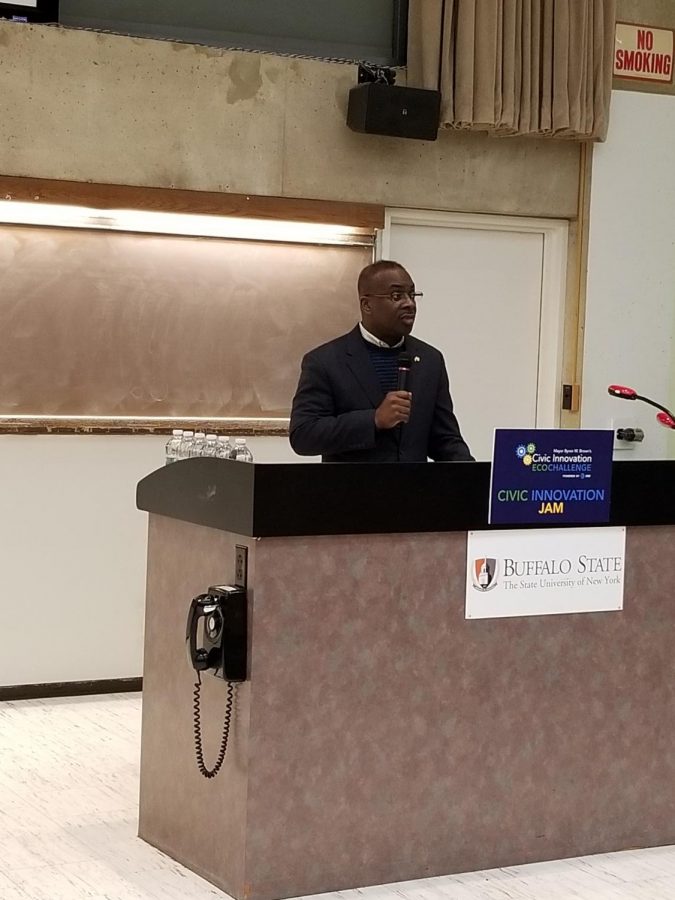
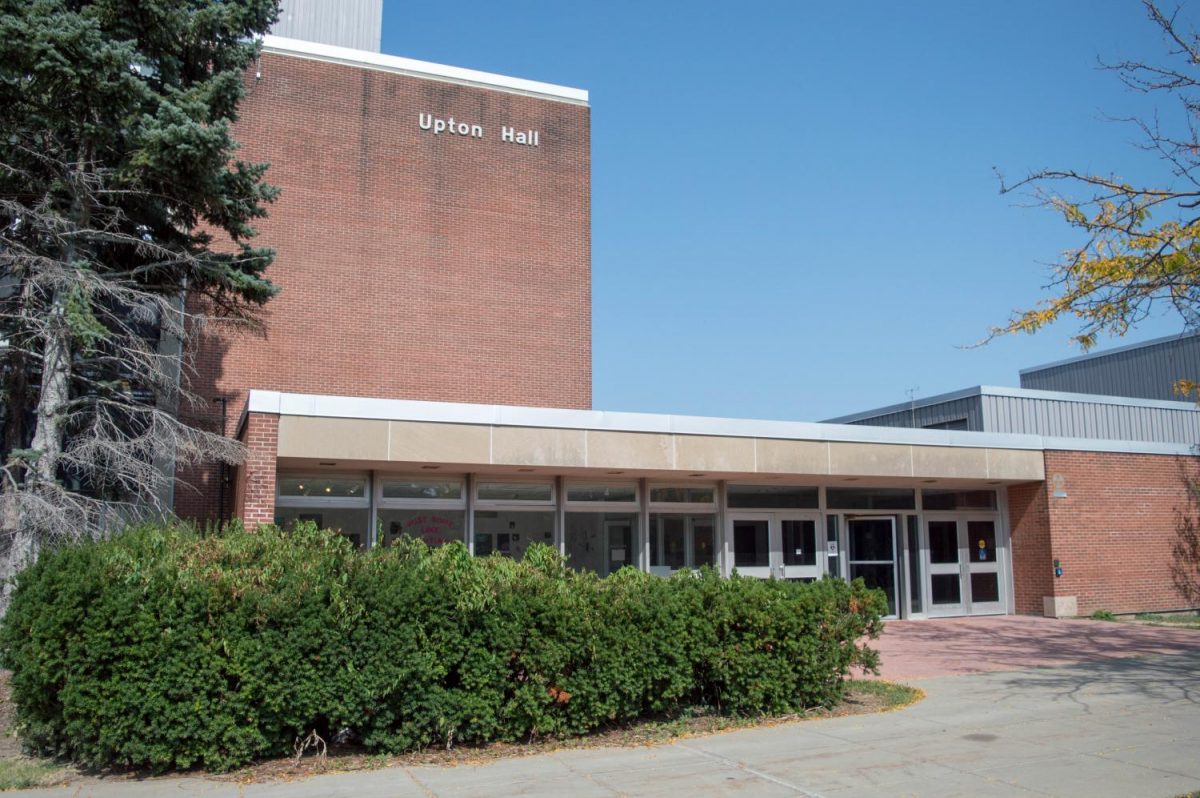
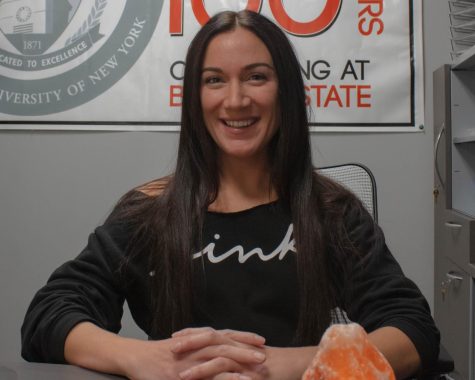
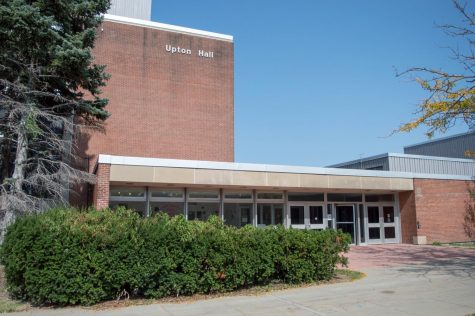

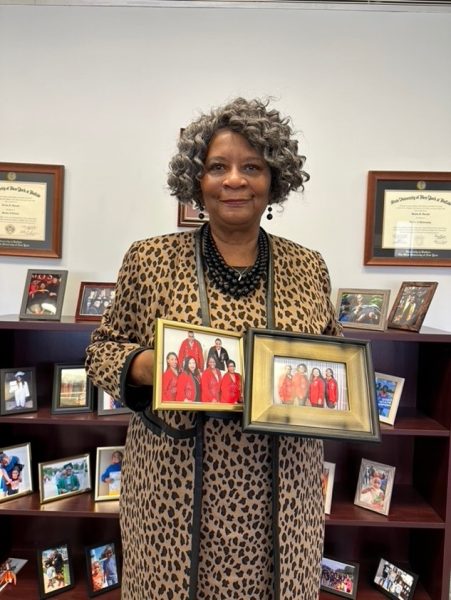
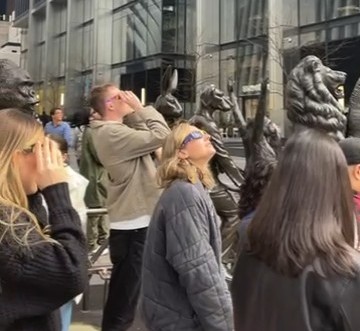
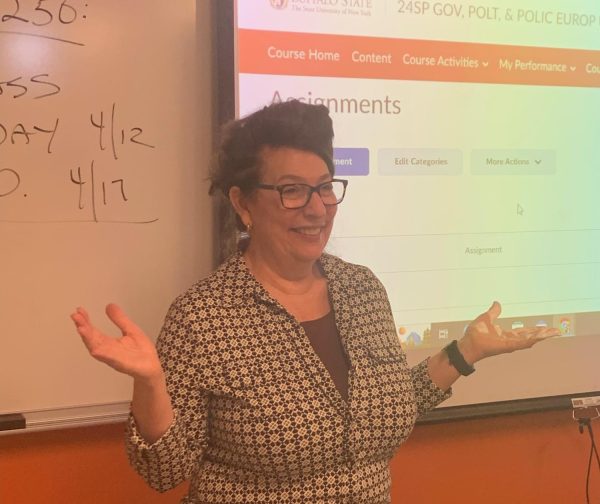
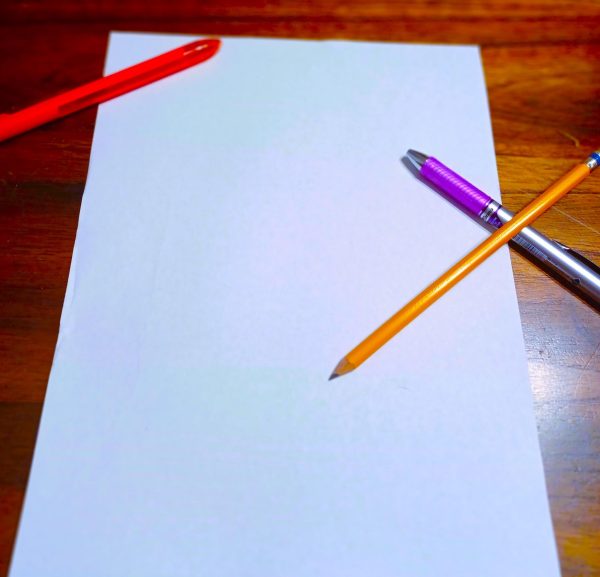
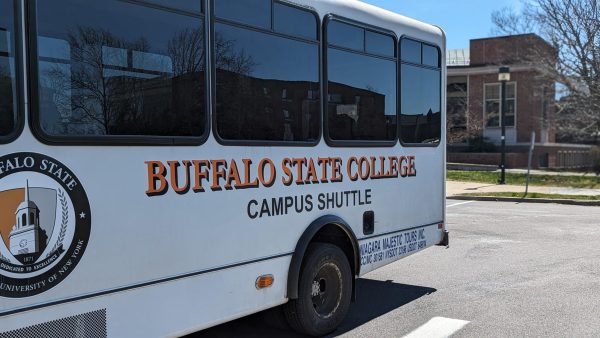
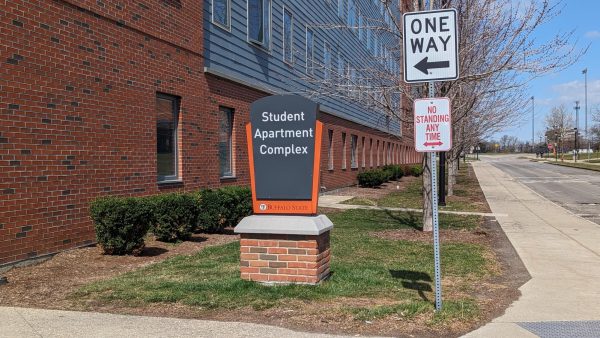
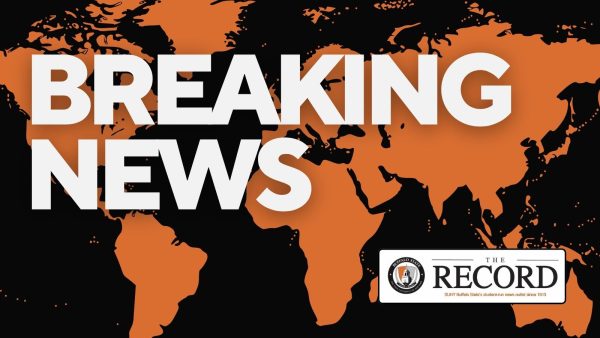
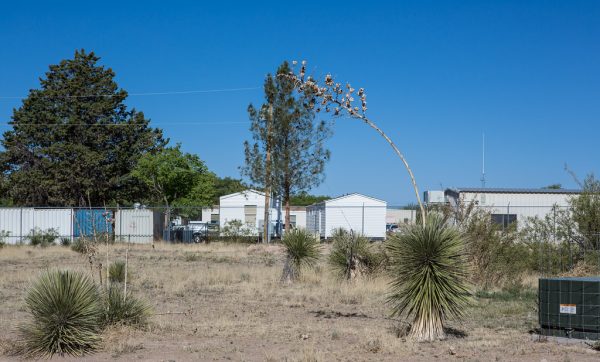
Joseph Allen • Mar 23, 2019 at 9:08 am
I would like to know more about the Recycle-a-bowl?
Editor • Mar 26, 2019 at 3:01 am
Hi Joseph,
Here’s a link to a video about the Recycle-a-Bowl app from its creator, Christopher McDermott: https://vimeo.com/265250350
Cheers,
I’Jaz
Julie • Mar 22, 2019 at 1:21 pm
Sorry I couldn’t make it this year! FYI there’s a syntax mistake in the article. “Home in on” I know it sounds like “home” when it’s spoken, but the correct spelling is “hone.”
Editor • Mar 26, 2019 at 2:44 am
Thanks you for your comment, but the professional and academic standard for utilizing the phrase is “home in.” “Hone in” has grown in usage, but is still less commonly used than the original and grammatically correct “home in.” I would advise taking a look at this article: https://writingexplained.org/home-in-or-hone-in-difference
Cheers,
I’Jaz